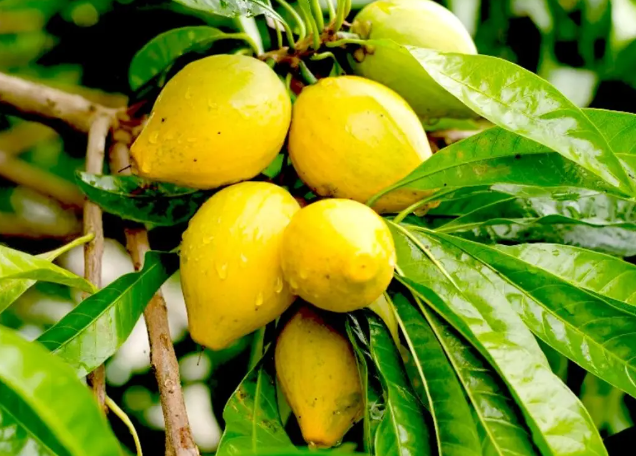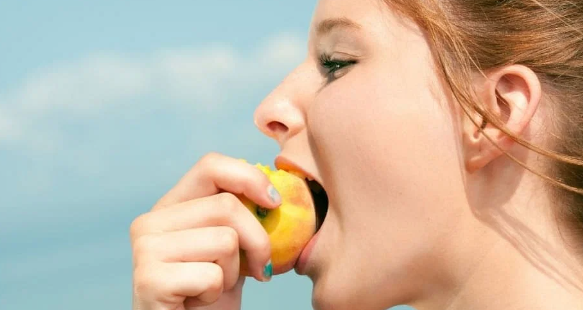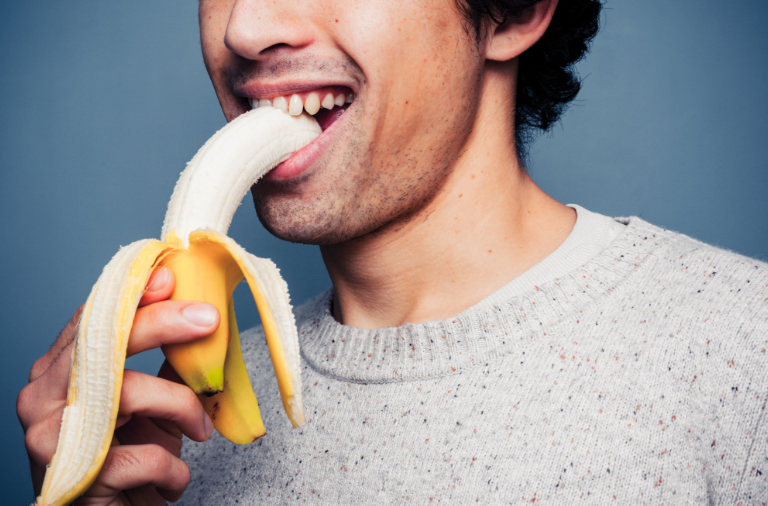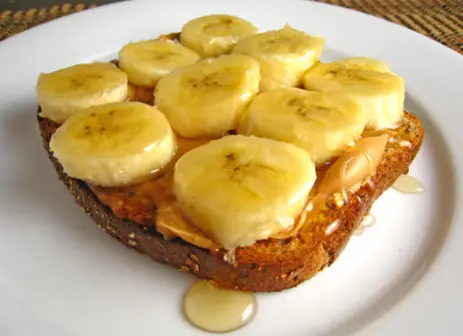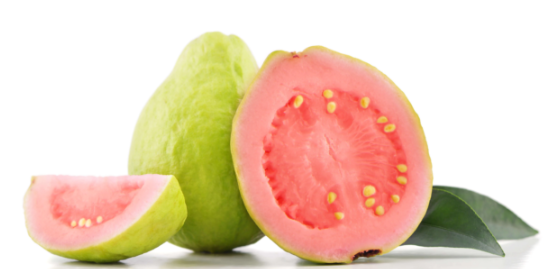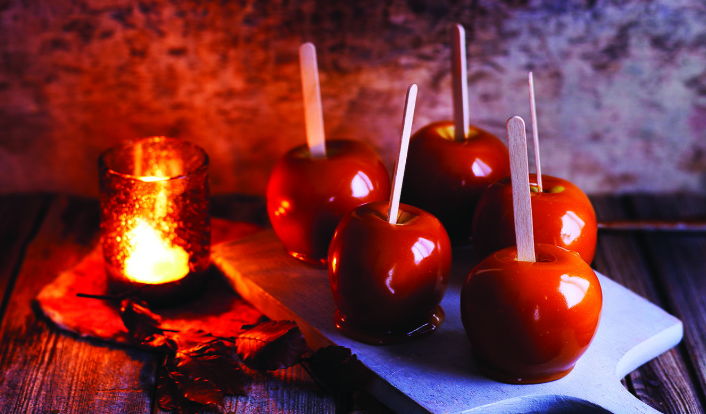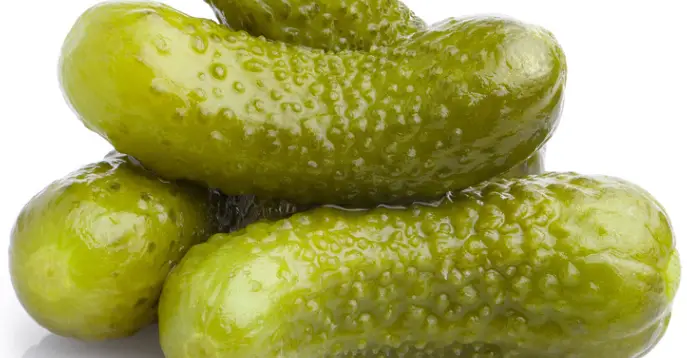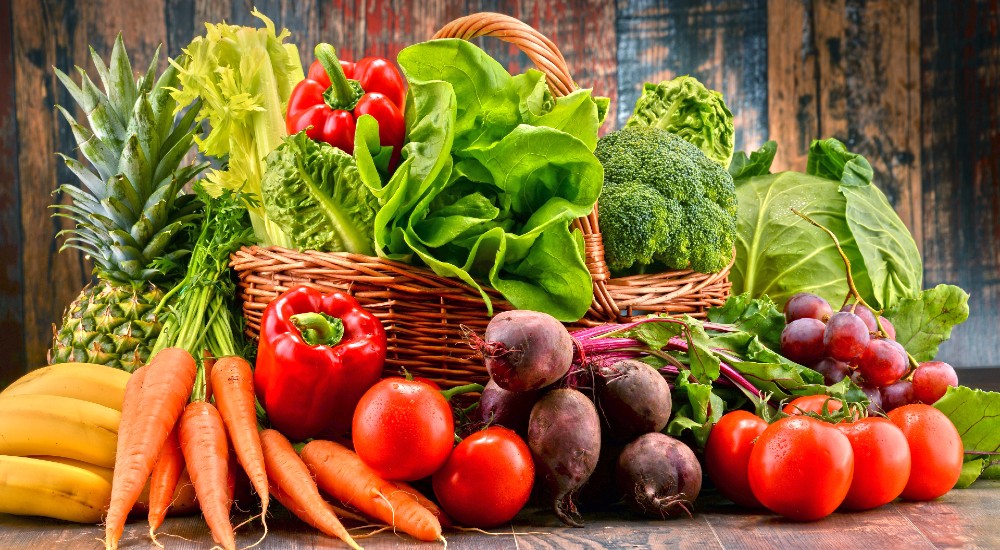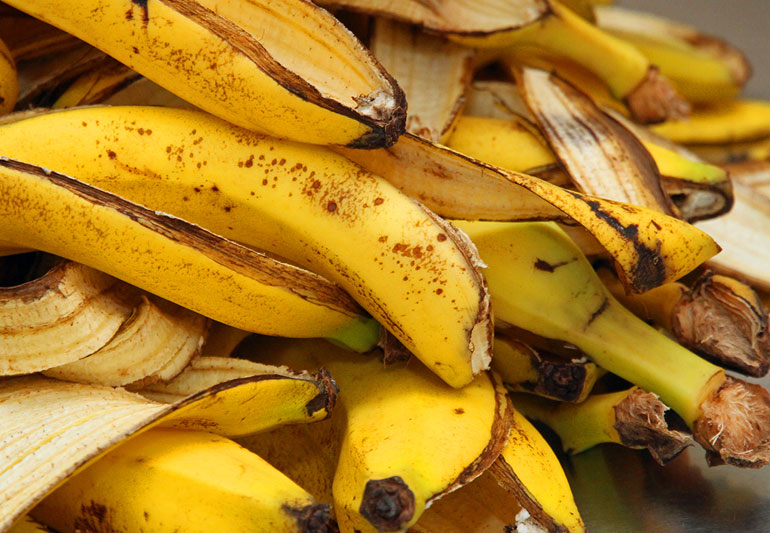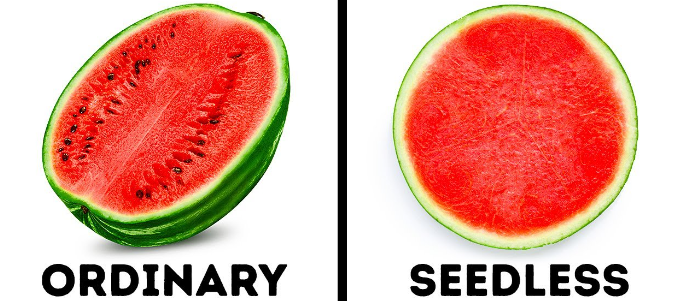If you are taking antibiotics, you might wonder if it’s okay to eat bananas. Let’s dig into this question and find out more about it.
Table of Contents
Understanding Antibiotics
Antibiotics help fight infections by killing bacteria or stopping them from growing. They come in different types that work in different ways. For instance, penicillins mess with the bacteria’s cell walls, and fluoroquinolones interfere with their enzymes.
For antibiotics to work well, they should be at the right level in your body. Some foods can get in the way of how your body absorbs them, or they can cause bad reactions. That’s why you should be careful about what you eat when you’re on antibiotics.
Is It Okay to Eat Bananas with Antibiotics?
Yes, in most cases, it’s fine. Bananas are mostly made of carbs and minerals. There’s no proof that they badly affect antibiotics like penicillins, cephalosporins, fluoroquinolones, macrolides, or tetracyclines.
Bananas are packed with good stuff like potassium, magnesium, and vitamin B6. They have fiber too, which is great for your stomach, especially since antibiotics can upset it. So, it’s usually a good idea to have bananas if you’re on antibiotics.
But everybody’s different. Some people might process drugs in their own unique way. If you’re very sensitive to antibiotics, you might want to wait on bananas until you know how you react. Overall though, the risk is pretty low.
For most folks, bananas will be totally fine and might even help with common antibiotic issues like tummy troubles and diarrhea.
Still, there are some people who should think twice or talk to a doctor about eating bananas while on antibiotics:
- People with kidney problems – since bananas have a lot of potassium which could be hard on weak kidneys
- Diabetics – because bananas have sugars that can affect blood sugar levels, but the fiber helps
- Anyone who often gets constipated – as bananas can sometimes make it worse, similar to some antibiotics
- Those who are allergic or have a bad reaction to bananas
If you have any of these conditions, you might want to choose fruits that are lower in potassium and sugar. Talk to your healthcare provider to get advice about what to eat.
How to Include Bananas in Your Diet When on Antibiotics
Here are ways to enjoy bananas and still be safe when taking antibiotics:
- Don’t eat too many; one or two bananas a day should be enough
- Choose bananas that are ripe with brown spots; they have less starch that’s hard to digest
- Combine bananas with foods that have soluble fiber like oats or flaxseeds
- You can also try just having banana slices instead of a whole banana
- If your stomach bloats easily, don’t have bananas with dairy foods
- Drink plenty of fluids with bananas to keep a good balance of body salts
- Pay attention to how your body feels – if bananas don’t seem to agree with you, it might be best to skip them
Some Antibiotics Have Special Rules
With some antibiotics, you need to be careful about eating things like dairy, calcium, magnesium, and foods with lots of minerals. This helps the antibiotic get into your body better.
Medicines like doxycycline and ciprofloxacin fall in this category. They can stick to the minerals, which makes it harder for your body to absorb the antibiotic.
Since bananas have magnesium and other minerals, your doctor might say to avoid them close to when you take these particular antibiotics. But apart from that, you shouldn’t have issues with bananas and antibiotics.
What’s a Good Diet to Have with Antibiotics?
When you’re on antibiotics, a good diet has different types of foods:
- Eat protein that doesn’t come from dairy: Such as fish, chicken, eggs, and beans
- Fruits and veggies without lots of leaves: Like bananas, applesauce, berries, and cooked veggies
- Whole grains: Oatmeal, rice, quinoa, and pasta are great choices
- Good fat sources: Nuts, seeds, avocado, and olive oil
- Drink lots: Water and drinks without dairy like tea
Avoid grapefruit and alcohol. And watch out for times when you shouldn’t have probiotics or need to follow special rules for your medicine.
The Bottom Line
Bananas are usually safe with most antibiotics and can help your stomach feel better while you’re being treated. Just double-check with your doctor if the antibiotics you’re taking have any food rules. And if you know the antibiotics might stick to minerals, don’t eat bananas close to your dose. But most of the time, you can have this nutritious fruit while you’re on antibiotics.
Always follow your doctor’s advice when you’re on medication. But generally, bananas are a good choice for most people taking antibiotics.
